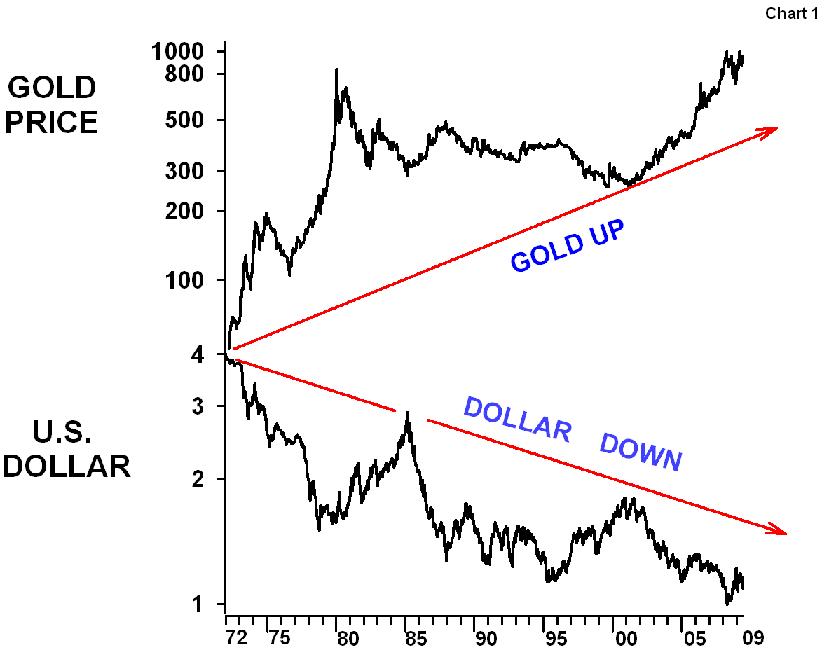Hahahaha, What a nice comment you made SG.
I am laughing.
@Shinchan
SG gave you the key point, this is called Fractional Reserve Banking. If you want know about this more then let me know. It is not so boring. And it is not only 81$ dollar! Banks even can have more strong ratio like 10:1 or 15:1 or 20:1 for lending money. There are many other factors are there, I am ignoring them. I made this calculation on a blunt ratio.
It is not so boring. And it is not only 81$ dollar! Banks even can have more strong ratio like 10:1 or 15:1 or 20:1 for lending money. There are many other factors are there, I am ignoring them. I made this calculation on a blunt ratio.
@SG
But thank you SG for for sharing your views here. Please comment on this post
http://www.traderji.com/fundamental...t-economy-debarghya-mukherjee.html#post614738
It was my question to father why people are not spending and investing, rather keeping money in banks. Then I was kid. Now I see the result.
I appreciate comments form readers of this thread on this.
Thank you all.
I am laughing.
@Shinchan
SG gave you the key point, this is called Fractional Reserve Banking. If you want know about this more then let me know.
@SG
But thank you SG for for sharing your views here. Please comment on this post
http://www.traderji.com/fundamental...t-economy-debarghya-mukherjee.html#post614738
It was my question to father why people are not spending and investing, rather keeping money in banks. Then I was kid. Now I see the result.
I appreciate comments form readers of this thread on this.
Thank you all.
Hi Shinchan,
Seeing you after ages...How are you?
It is not just 81 Bucks banks can lend upto 90 bucks of the 10 buck deposit....
It is called 'Fractional Reserve Banking'... which in simple words means they lend money created from thin air and it is only a book entry......suggest you see the 'The Money Masters' video on youtube..... though it runs into 3hrs29 minutes....you will be riveted and better than watching any Bollywood film....if at the end you don't think it is as good as what I said...you can comeback & clobber me......
SG
Seeing you after ages...How are you?
It is not just 81 Bucks banks can lend upto 90 bucks of the 10 buck deposit....
It is called 'Fractional Reserve Banking'... which in simple words means they lend money created from thin air and it is only a book entry......suggest you see the 'The Money Masters' video on youtube..... though it runs into 3hrs29 minutes....you will be riveted and better than watching any Bollywood film....if at the end you don't think it is as good as what I said...you can comeback & clobber me......
SG
Last edited:








